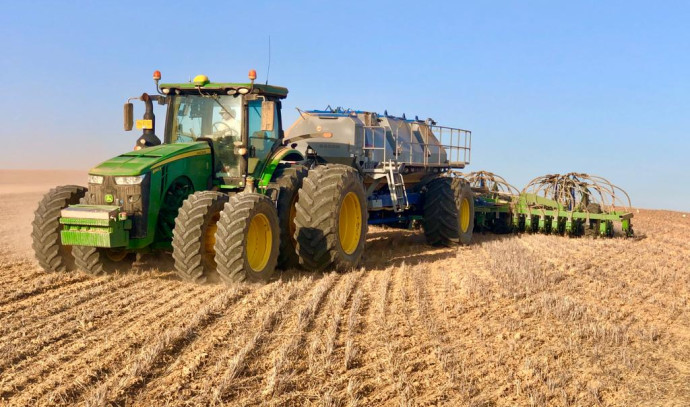Grace Breeding has announced that it has developed a fertilizer replacement that will be cheaper and more environmentally friendly. The development, called NFT (technology for fixing nitrogen from the air), will go out according to estimates for marketing in Israel and around the world, after the required registration procedures have been carried out with the Ministry of Agriculture in Israel and its offices in various countries around the world. The technology in development allows the company to produce a substitute from biological sources for synthetic fertilizers.
The company stated that the NFT preparation could almost completely replace the use of urea in farmers, thus significantly reducing the financial costs to farmers and helping to reduce environmental pollution.
For every 50 kg of urea that the farmer was required to use per hectare, he could, according to the company, use only two liters of the newly developed material, and the cost reduction could reach up to 50% of the current price for farmers.
Grace Breeding also has another innovative technology, called WDS – a growth-promoting product, which is intended for fruits and vegetables and is an effective and green substitute for sprays and chemicals that are used to this day.
“We understand that innovative and unique biological solutions need to be found, which can reduce costs to the farmer and almost completely reduce the environmental impact, thus leading the world of agriculture to a more efficient place, which is of course reflected in the final consumer prices,” said agronomist CEO Assaf Dotan.
Company chairman Maurice Zelicha added: “This is a revolutionary product, which can lead the entire economy forward. It has tremendous benefits – both economically, environmentally and technologically. We connected the worlds of Israeli start-ups to the worlds of agriculture, in order to enable and find a solution to real distress. In the experiments we conducted in the fields in the area of Kibbutz Ruhama, the effect of the materials we developed on the crops can be clearly seen. ”
